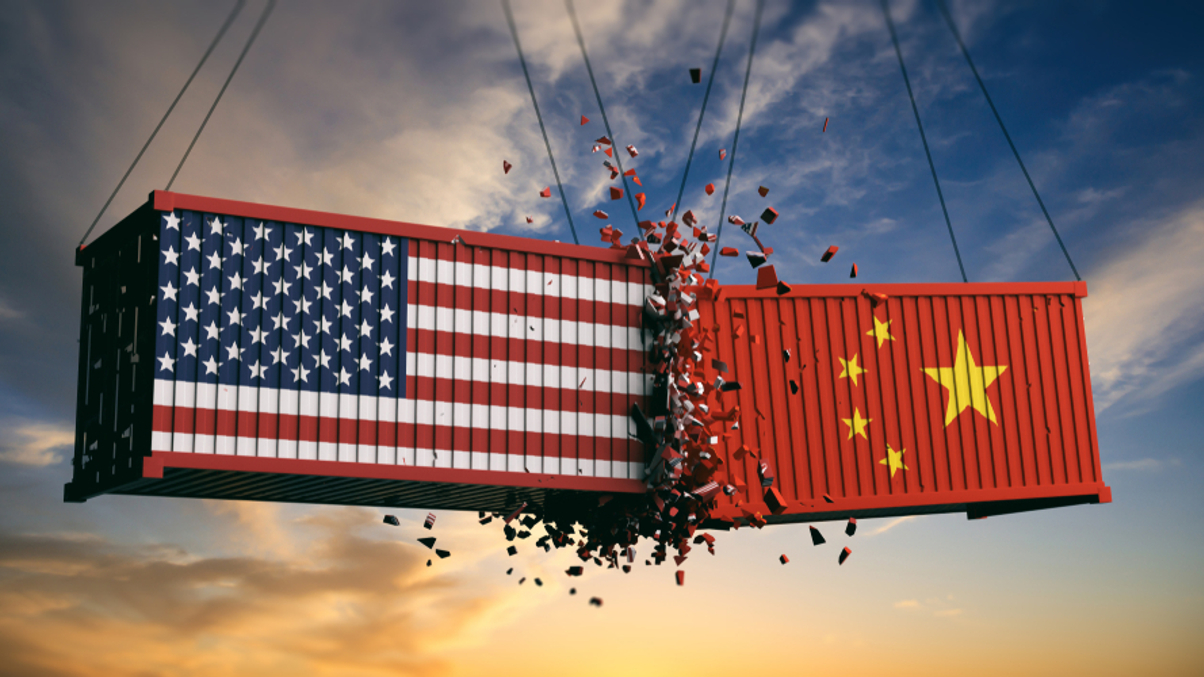How Trump could use instos as a weapon against China
Institutional investors in the US and China had better hope that rumblings from politicians around Donald Trump targeting investments in Chinese companies don't become a reality.

What started as a trade tensions between the US and China spirals could yet grow into a full-on economic conflict. And were that to occur, asset owners risk becoming a key weapon for each side.
Sign in to read on!
Registered users get 2 free articles in 30 days.
Subscribers have full unlimited access to AsianInvestor
Not signed up? New users get 2 free articles per month, plus a 7-day unlimited free trial.
¬ Haymarket Media Limited. All rights reserved.


